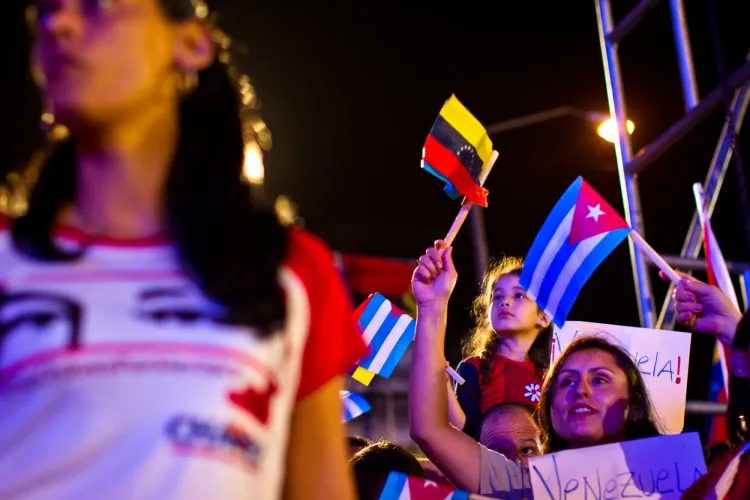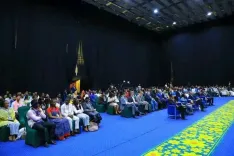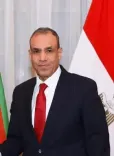Venezuela Denounces US Move to Reinstate Cuba as Terrorism Sponsor

Synopsis
Key Takeaways
- Venezuela's strong opposition to US actions.
- Condemnation of arbitrary measures against Cuba.
- Call for international solidarity with Cuba.
- Highlighting lack of credible evidence against Cuba.
- Impact on US-Cuba relations.
Caracas, Jan 21 (NationPress) The Venezuelan government has voiced its vehement opposition to US President Donald Trump's resolution to re-add Cuba to the roster of state sponsors of terrorism.
"This baseless and arbitrary action signifies an act of aggression that runs counter to the tenets of international law and jeopardizes global initiatives aimed at peace and collaboration," stated the Venezuelan Foreign Ministry in a declaration issued late Tuesday, local time.
"Venezuela unequivocally denounces this unjustified measure and urges the global populace and governments to publicly condemn and reject such actions, which infringe upon the principles of sovereignty and aim to legitimize the cruel blockade against the Cuban populace," the statement stressed.
The Venezuelan authorities reiterated their support for the Caribbean nation and their dedication to safeguarding "the self-determination of peoples against any form of imperialist control," as reported by Xinhua news agency.
In the concluding days of his presidency, Joe Biden had lifted Cuba from the terrorism list, but Trump reinstated it on his first day in office.
On January 14, Biden informed Congress that his administration would annul the classification of Cuba as a state sponsor of terrorism, according to the White House, as part of a deal aimed at securing the release of political prisoners in the Caribbean island and those recognized by Washington as unjustly detained by the Havana government.
During a press briefing, senior Biden administration officials stated that the decision came after an evaluation found no credible evidence indicating Cuba's current support for international terrorism.
In doing so, Biden overturned the actions of his predecessor, Donald Trump, who had reinstated Cuba on the terrorism list in January 2021 to counteract the previous administration's efforts towards rapprochement with Cuba initiated by former President Barack Obama, under whom the United States had revoked Cuba's terror designation.
Senior Biden officials had anticipated that Cuba would release "many dozens" of prisoners by the time Trump was set to be inaugurated again on January 20.
Biden also signed a national security memorandum to revoke a 2017 Cuba sanction policy by Trump known as 'National Security Presidential Memorandum 5', effectively lifting restrictions on specific Cuban individuals and organizations conducting financial transactions with US entities.
To further encourage the Cuban government to release prisoners, the Biden administration issued a waiver for Title III of the Helms Burton Act for six months, according to a statement from the White House.
This action consequently barred US citizens or other individuals from filing claims in US courts regarding properties seized by Cuban authorities following the 1959 Cuban Revolution.








